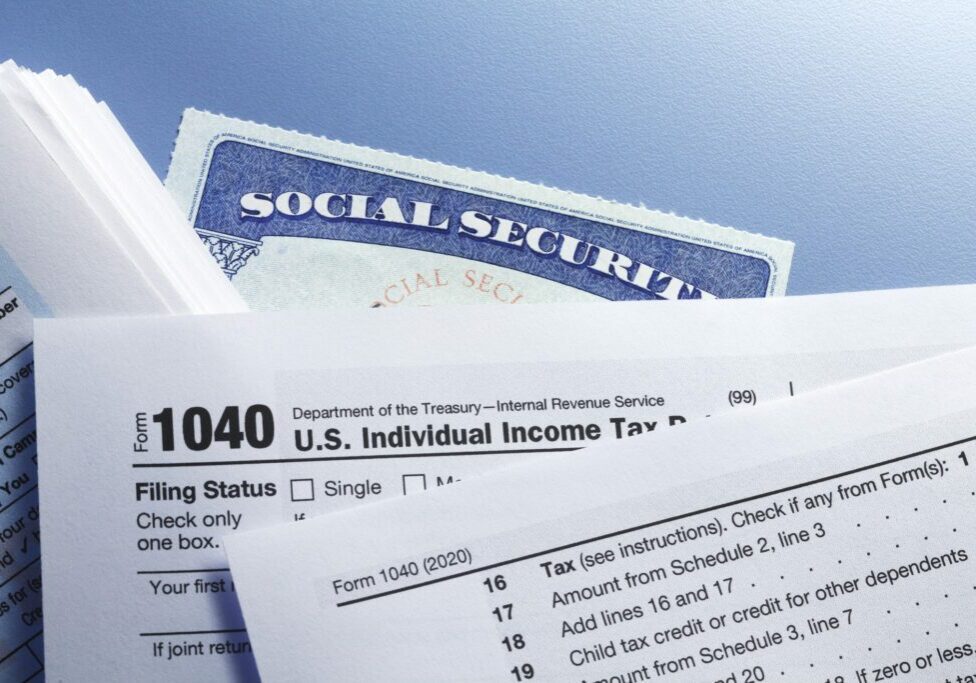Tax Efficient Investing
Many employed individuals participate in a defined contribution plan sponsored by their employer, or they have an IRA, and chances are money is invested in mutual funds within those plans.
Mutual funds prepare reports showing returns for several years, typically one, three and five years. Other investment firms prepare reports ranking mutual funds by performance. Those rankings are all based on before tax returns. If ranked by performance after tax consequences, the entire ranking would be reshuffled.
The good news is that generally there are no annual tax consequences attributable to earnings in a before tax vehicle. So may an investor simply ignore tax considerations?
A wise investor, recognizing there are no immediate tax consequences of before tax investments, will take advantage of the situation by structuring their portfolio in such a manner that their investments with the most severe tax consequences are within those before tax accounts.
Personal financial planners and investment advisors will help you diversify your investments to avoid concentrations of risk. One means of doing this in publicly traded markets is by constructing a balanced portfolio. In doing so, we recommend devising a comprehensive plan.
To develop a comprehensive plan, provide your investment advisor with a list of all of your investments. Financial planners normally ask for that information. Then ask for a plan that structures your total investments in a diversified manner. Typically we find that even the best financial advisors and planners tend to balance each pot of money in a balanced portfolio. It is all yours, look at the total picture at once rather than each account. For example, invest in tax free bonds in after tax accounts; invest in volatile funds in your before tax accounts.
If you are in a top tax bracket, consider investing in municipal and other federal tax free bonds. Conversely, if you are in a low tax bracket, why are you investing in tax free bonds? The market prices the return based on the tax benefits, and if you aren’t getting the benefit, a taxable bond may yield a better after tax rate of return for comparable risk.
If you have an S-Corporation, be aware of the disadvantages of investing in marketable securities within the Corporation. It is a much better idea to distribute the money and invest individually instead of within the S-Corporation.
Investing in gold and collectibles results in paying a higher tax on appreciation. If you want to invest in gold, we recommend you learn the options for making such an investment as well as the tax consequences of doing so by reading an excellent article published in the AICPA Journal of Accountancy. The article may be accessed by going to the Resources tab at Alegriacpas.com.
Are you taking advantage of a “back door” ROTH IRA? If you or your spouse is in an employer sponsored retirement plan, and your income is too high to contribute to a ROTH, you may make a nondeductible contribution to a Traditional IRA. By doing so you have basis in the IRA, and then convert it to
a ROTH with no tax consequence (be aware that if you have an existing IRA with a balance in excess of basis, converting funds in any IRA to a ROTH will trigger taxable income).
Tax efficient investing may also be accomplished, although with limitations in amount, by paying your children in your business or as a household employee and having them invest the earnings in a ROTH IRA. Doing so is a good way to save money for college tax free and without the penalties that are assessed if the funds are not used for education.
An Internal Revenue Code §529 college savings plan is another strategy for saving money while minimizing taxes for children and grandchildren. Washington State’s Guaranteed Education Tuition program isn’t quite as attractive as it was a few years ago, but is still worth looking into.
Are you considering, or do you have commercial or residential rental property? If you are an active owner in an S-Corporation, LLC taxed as a partnership or S-Corporation, or a partner in a partnership and are leasing real estate to the business, hopefully you made a “grouping” election in 2013 or prior in order to avoid the net
investment income tax (NIIT). If you made such an election, make sure you are not paying NIIT on it by reviewing form 8960 in your return.
Real estate has pluses and minuses from a tax standpoint. Commercial buildings typically must be depreciated straight-line over 39 years, residential over 27.5 years. If your income is too high, losses may be suspended. As Washington is a community property state, the death of either spouse results in a step-up in basis to fair value for the surviving spouse or beneficiary of the estate (as long as it was not in a Corporation). The result is the property can be sold with no tax on prior appreciation; if held it will be depreciated all over again based on the new tax basis. That is a huge tax benefit.
A whole life insurance policy that allows payments in excess of the normal premium to build a cash surrender value and an option to convert to an annuity later in life (structured properly basis comes out first and taxable income last), or pays a tax free death benefit, is another good tax saving strategy.
Running out of space, not ideas, let’s conclude with these key considerations:
- Make good investment and economic decisions first and foremost
- Take tax consequences into consideration, don’t allow them to be a driving factor
- Any one strategy by itself may seem insignificant, many little strategies collectively will prove significant
- Put time and compounding on your side (as opposed to your enemy such as with credit card interest)
- Consult an expert advisor before employing any significant changes or new strategies
Barry Warner is managing partner with Alegria & Company, PS.
He can be reached at: bwarner@alegriacpas.com








